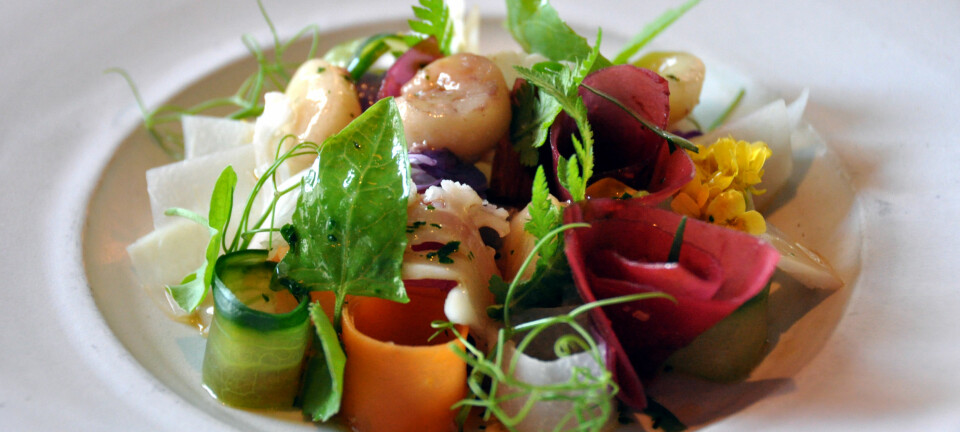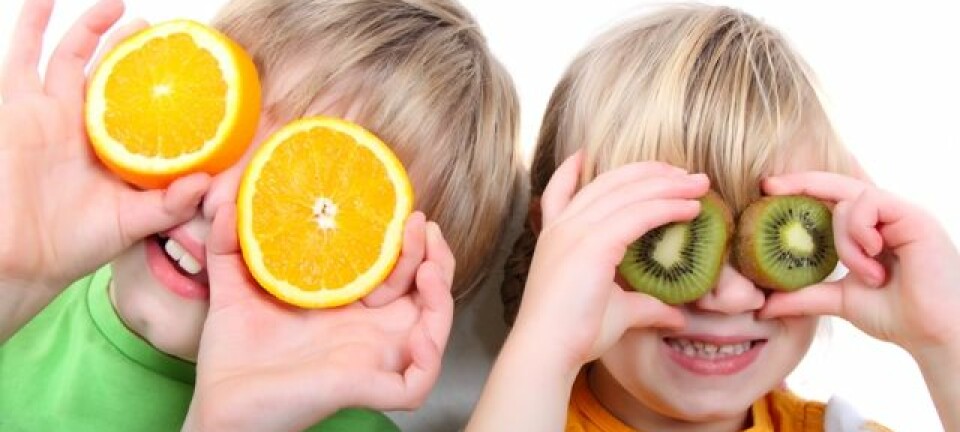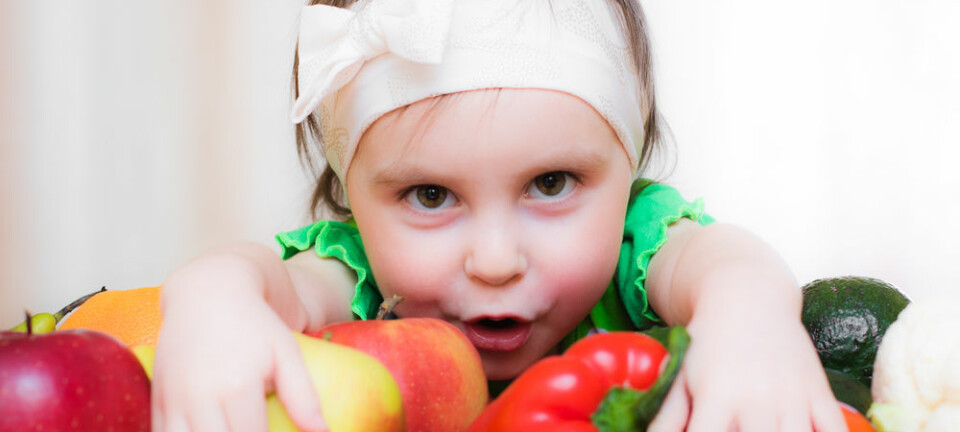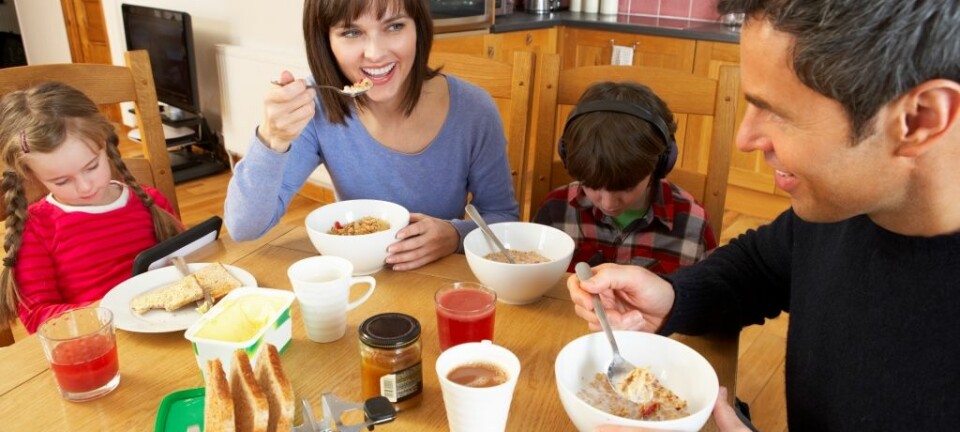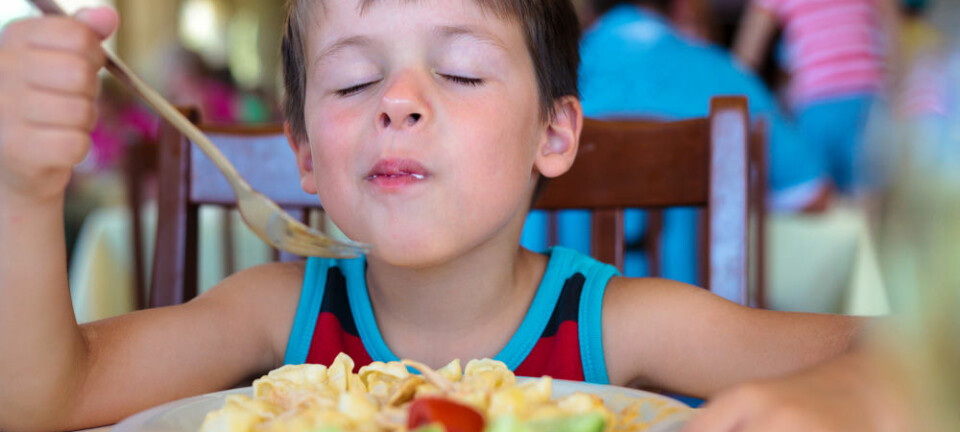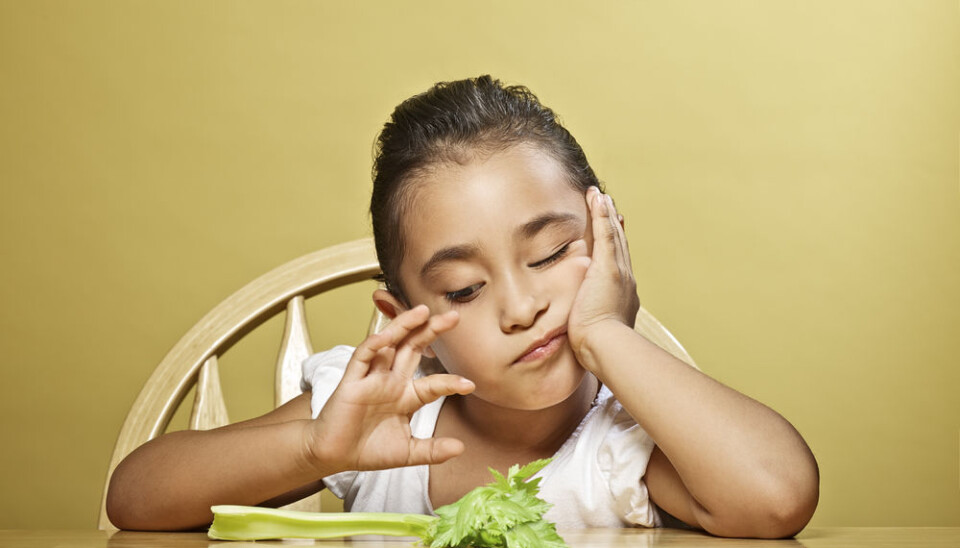
Children cannot be cheated into healthy eating
Imposing strict food restrictions on children does not teach them how to eat more healthily, suggest researchers in a new book.
When children would rather have a burger than green salad and refuse to eat broccoli, it is because parents, schools, and public authorities are taking the wrong approach to healthy eating.
That’s the message from researchers Karen Wistoft and Jonatan Leer in their new book 'Towards a taste pedagogy' (available in Danish only). They argue that parents should not strive to get their kids to eat specific foods, but instead allow them to choose their own.
"Instead of 'cheating' them to eat something specific, we would like to see children learn to relate to what they eat, and identify how their taste experiences affects their desire to eat different foods. This is something very different to simply getting them to eat more fruits and vegetables," says Wistoft, associate professor at the Department of Education at Aarhus University, Denmark.
Children should learn to cook themselves
Rather than dictating what children eat, Wistoft and Leer suggest that parents should involve their kids in meal planning and cooking at home.
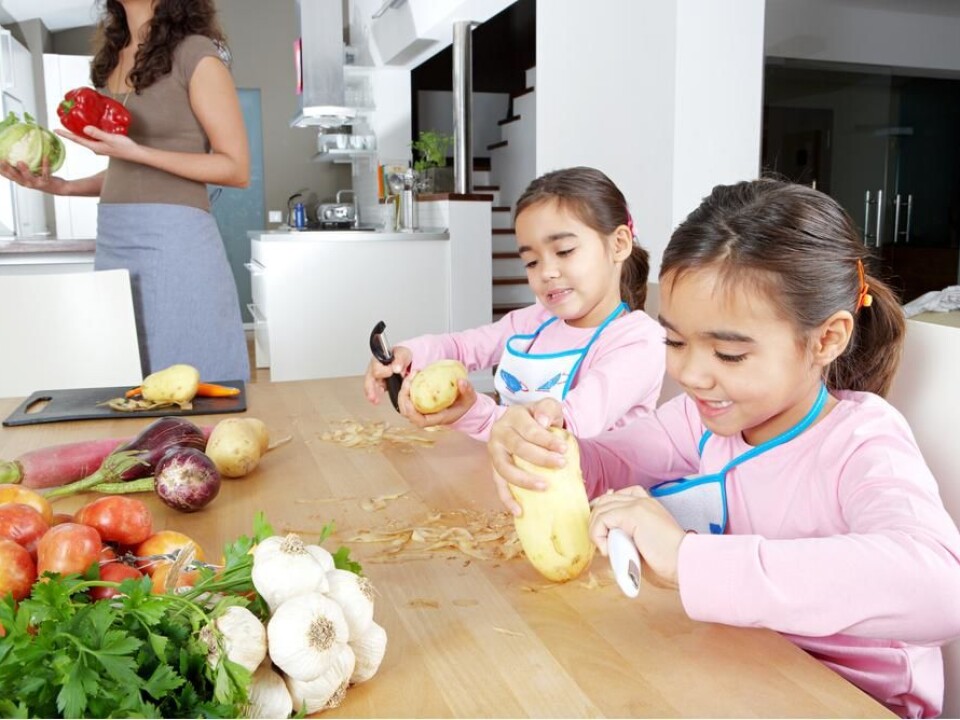
Researchers call these types of educational programs 'non-autonomous', as they are designed to get kids involved in making or growing their own food and to give them ownership over their own food choices.
"We can help to strengthen a child’s relationship with food by involving them and helping them to be open to different foods," says Jonathan Leer, a postdoc at Aarhus University.
This might happen in school where children grow their own vegetables, or at home, where children can participate in cooking and help decide what should be on the dinner table.
Once they taste the food, the children can use their sense of taste to decide what they like or dislike.
"The purpose is to educate children into becoming critical and conscientious customers in the future. This enables them to become independent individuals who can justify their own choices later in life. They will also be healthier in the long-term, when they are allowed to choose what they like and do not like on an informed basis," says Wistoft.
We try to control children
In the new book, the two researchers analysed the results of 15 studies, all of which examined how tastes are used in teaching.
"We often attempt to push kids into eating specific foods. If you are lucky, the children will make the choice you want when left to their own devices, but it is unlikely to happen without some nudging. The effect is therefore rather short-lived," says Wistoft.
"Overall, we’re surprised by the extent to which taste is seen as a barrier rather than a resource. The focus is on changing children's taste. These are not educational projects, but management projects," says Leer.
A value-based discussion
At Aalborg University, Denmark, Professor of nutrition and public food Bent Egberg Mikkelsen points out that the book does not show that non-controlling methods are any more successful at teaching children about food, than the controlling methods:
"What could make it more scientifically valid, would be if they made a systematic analysis of the effects of non-controlling methods and whether they lead to higher intakes of healthy food or increased knowledge on the subject," he says.
Mikkelsen studies healthier eating and food education in schools. He thinks that further educational programs are needed, with clear goals to get children to eat more healthily.
"There must of course remain a normative standpoint--the teachers are put in the world to teach children about certain things," says Mikkelsen.
The two researchers believe, however, that Mikkelsen is wrong in his assessment of the book:
"In the book, we examine the projects that are already available, and so we discuss them from a pedagogical perspective. We would also say that this is only the first step in the evolution of taste pedagogy," says Leer.
-----------------
Read the Danish version of this article on Videnskab.dk
Translated by: Catherine Jex
